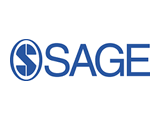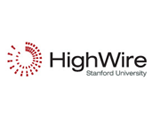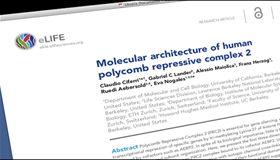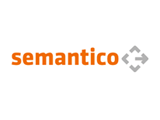John Wiley & Sons, Inc., today announced that its 12,200 Online Books would be made available through the Research4Life initiatives of HINARI, AGORA and OARE, benefitting research and academic communities in 80 low- and middle-income countries including Malawi, Cambodia, and Bolivia.
Research4Life provides 6,000 institutions in developing countries with free or low cost access to peer-reviewed online content from the world’s leading scientific, technical and medical publishers. The addition of Wiley’s Online Books brings the total number of peer reviewed scientific journals, books and databases now available through the public-private Research4life partnership to almost 30,000.
“Our goal with Research4Life is to provide and support quality research in developing countries in order to advance higher education, inform public policy decisions and ultimately improve quality of life,” said Emily Gillingham, Director of Library Relations at Wiley who also serves as the new Chair of the Executive Council for Research4Life. “We hope the addition of this vast collection of Online Books will make a real difference to researchers in countries which can least afford it and as such is a central part of Wiley’s social responsibility program.”
“Through Research4Life we’ve been able to really level the playing field in terms of access to primary research material in the developing world,” said Kimberly Parker, HINARI Programme Manager at the World Health Organization. “This is vital for supporting local authorship and helping researchers in poorer countries to participate in and contribute to the global scientific knowledge base.”
The Wiley Online Books Collection includes handbooks, dictionaries, companions, encyclopedias and landmark book series from award-winning authors and renowned researchers in the life, health and physical sciences, social sciences and the humanities. Online Books are available on Wiley Online Library and offer the benefits of unlimited concurrent user access, cross-searching with journals, and no DRM restrictions. Access to the majority of Wiley’s peer-reviewed journals, the Cochrane Library, Current Protocols and major reference works are already included in the Research4Life programs.
“We are delighted to be able to add Wiley’s books to Research4Life for access by researchers in eighty countries across Africa, Latin America, and Asia,” said Antonia Seymour, VP and Director of Science, Technical, Medical and Scholarly Books at Wiley. “Not only will they have access to our 12,200 Online Books already digitized but we will also be adding the 100 or so new books published each month,” she added.





























 The new team members are:
The new team members are:


